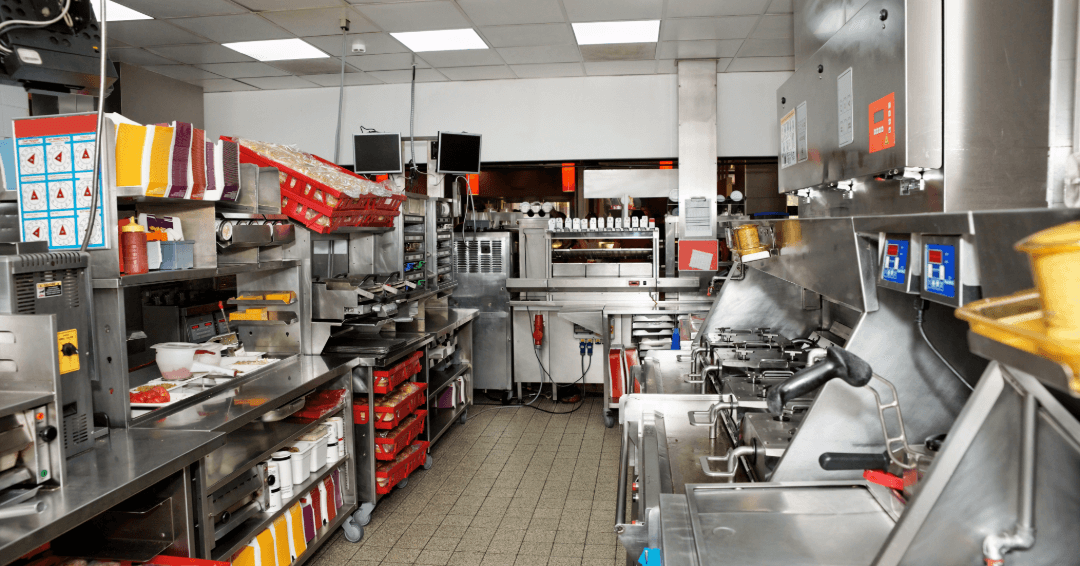Point of View - Understanding California's $20 Fast Food Minimum Wage
Posted by Stelios on 30th Apr 2024 Reading Time:
As an observer in the UK looking across the Atlantic at California's $20 (£16) per hour fast-food minimum wage law, you can't help but wonder if this will come to the UK as the tug-of-war between raising wages and preserving business viability. On one hand, there's a genuine concern for the well-being of workers, especially in a notoriously expensive state like California. On the other hand, there's the practical worry about unintended consequences, like potential job losses or inflationary pressures. It's a balancing act that demands nuanced consideration.

California's recent move to raise the minimum wage for fast-food workers to $20 per hour has ignited a passionate debate. Advocates hail it as a long-overdue victory for workers' rights, while critics warn of dire economic repercussions.
At the heart of this debate lies the question of impact: who stands to gain, and who might suffer from this wage hike? Proponents argue that it's a crucial step towards addressing income inequality and ensuring workers can afford California's high cost of living. They point to the struggles of fast-food employees, many of whom are people of colour, immigrants, and women, facing poverty despite their hard work.
The Service Employees International Union (SEIU), a staunch supporter of the law, emphasises the need to uplift marginalised workers and improve workplace conditions. They highlight the Fast Food Council as a platform for collaboration between workers, employers, and policymakers, aiming to mitigate the challenges posed by rising living costs.
However, concerns loom large within the restaurant industry. Small business owners, particularly, fear the strain on their bottom line. They foresee tough decisions ahead with slim profit margins and increased operating costs. Some anticipate price hikes, reduced hours, or even resorting to automation to stay afloat in the face of escalating labour expenses.
The narrative is complex, with economists offering divergent perspectives on the potential outcomes. While some argue that higher wages can stimulate economic growth and benefit workers, others caution against overlooking the repercussions on businesses and employment levels. It's a delicate balancing act where the pursuit of fairness must reckon with the realities of market dynamics.

As I sift through the voices of economists, executives, and workers, I'm struck by the nuanced interplay of factors. The empirical evidence offers insights, but it's clear that there are no easy answers. Each perspective adds a layer of complexity to the debate, reminding us of the multifaceted nature of economic policy.
Amidst the noise of opinions, one thing remains clear: California's $20 fast-food minimum wage is a watershed moment in the fight for economic justice. It represents a bold step towards addressing the widening gap between wages and living expenses, particularly in high-cost regions like California. However, it also underscores the need for thoughtful, evidence-based policymaking that considers the diverse needs of workers and businesses alike.
If we look at the UK, where there is less immigration and lots of competition for good workers, will we see wage increases to this effect? We already know that labour proposes to make all Adult workers eligible for the National Living Wage.

